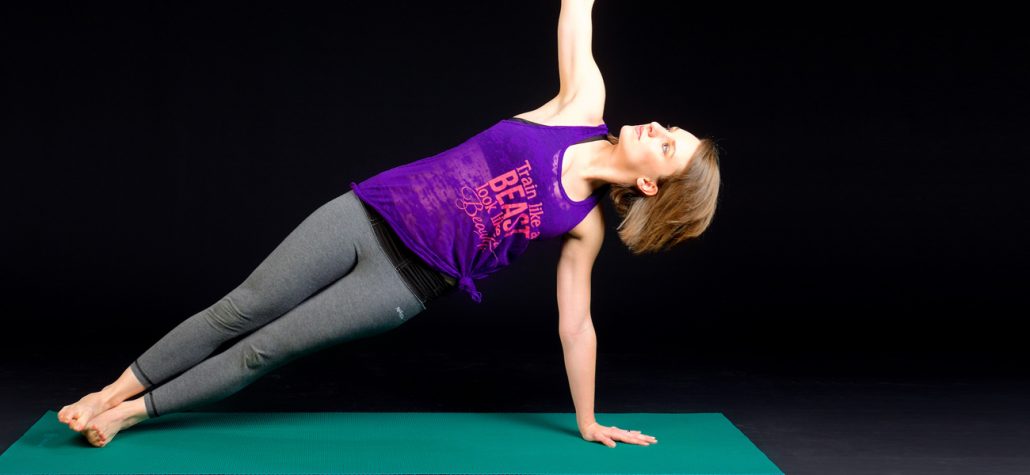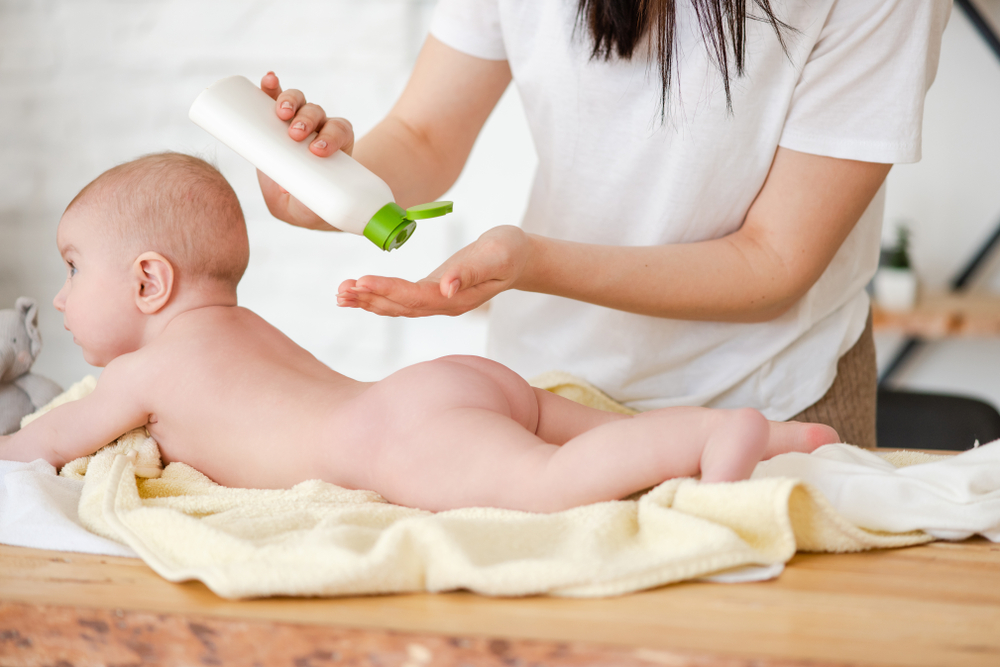Delivery
How to be an involved before & when your newborn arrives

By: Rasha Abdul Majeed
I had a rude awakening after asking my husband if he could "babysit" our child whilst I was away for a few hours.
“Sweetheart, I will gladly look after our son. I will be parenting not babysitting,” was my gentle husband's innocent and genuine response, which he delivered in a matter-of-fact tone, devoid of any scorn. It hit me hard. I always prided myself on being open-minded and liberal, yet there I was unconsciously propagating antiquated stereotypes of gender roles.
“Sweetheart, I will gladly look after our son. I will be parenting not babysitting."
Pregnancy and Transition to Parenthood, while simultaneously a very joyful and anxious time in a couple’s life, have been, for the most part, the mother’s domain. Traditionally, most literature tends to be targeted at the mother, however, this is a changing landscape as we're now seeing more material addressing fathers, who are keen on getting involved with their newborn babies.
It takes two to tango
Casting fathers as merely supporting roles instead of full-on parents compromise the family’s healthy growth.
Luckily, my husband decided that he wanted to be a full-on partner and parent. We both believe that having an engaged father will demonstrate a positive role model, showing that it is indeed honourable for men to take on responsibilities and be ever-present in a child's development and care. Fathering means teaching our son to do, play and think differently, hopefully building better self-esteem, empathy, tolerance and versatility, especially that my interests and activities differ from my husband’s.
Pre-delivery involvement
It is imperative that fathers are included right from the start, even during pregnancy.
This can be done by attending doctor’s appointments, taking prenatal classes, CPR courses, reading on the preparation for postnatal adjustment, being involved in naming the baby, designing and decorating the baby's nursery.
My husband very thoughtfully took on the chore of cleaning our house (so as not to expose the baby to cleaning chemicals), as well as preparing healthy lunches for me to take to work.
It is imperative that fathers are included right from the start, even during pregnancy.
Post-delivery involvement
After the baby arrives, the father can:
Feed the baby (if bottle-feeding is an option, whether formula or pumped breast milk); burp the baby after being fed by mommy; give the baby a massage to relieve any stomach upsets and help baby get longer sleep; change diapers; bathe the baby; play with and read to the baby.
Forming a bond so early on allows both parents to enjoy quality -albeit sometimes challenging- time with their child, individually as well as collectively. This will also further emphasise the value and importance of the father's presence and involvement. It may be a cliché, but all of this will definitely be worth the smiles, coos, and cuddles you'll get from your content and emotionally-balanced baby.
Things you may find useful:
-
Fathers may wish to inform themselves before and after the baby arrives by taking prenatal and antenatal classes at hospitals and health clinics - attending those classes, along with a CPR course for baby care, made the long-awaited parenthood feel more real and relative for my husband.
-
Fathers may participate early on by reading literature on baby communication - it helped my husband immensely when he started identifying various crying sounds and what they meant, so he was able to ascertain how to respond to them accordingly.
-
The importance of taking a few weeks of paternal leave - my husband swears that it helped him bond with our son and can proudly participate in around-the-cooler conversations on his new bundle of joy.
-
Fathers can take the lead on and research, contact, set-up and attend doctor appointments, preparing questions in advance.
-
Mothers can take time off to allow space for fathers to build their confidence as a parent by reading their child’s cues, observing their different demands and contributing their own insights.
-
Fathers can and should seek advice and support from relatives, health professionals, colleagues or friends.













